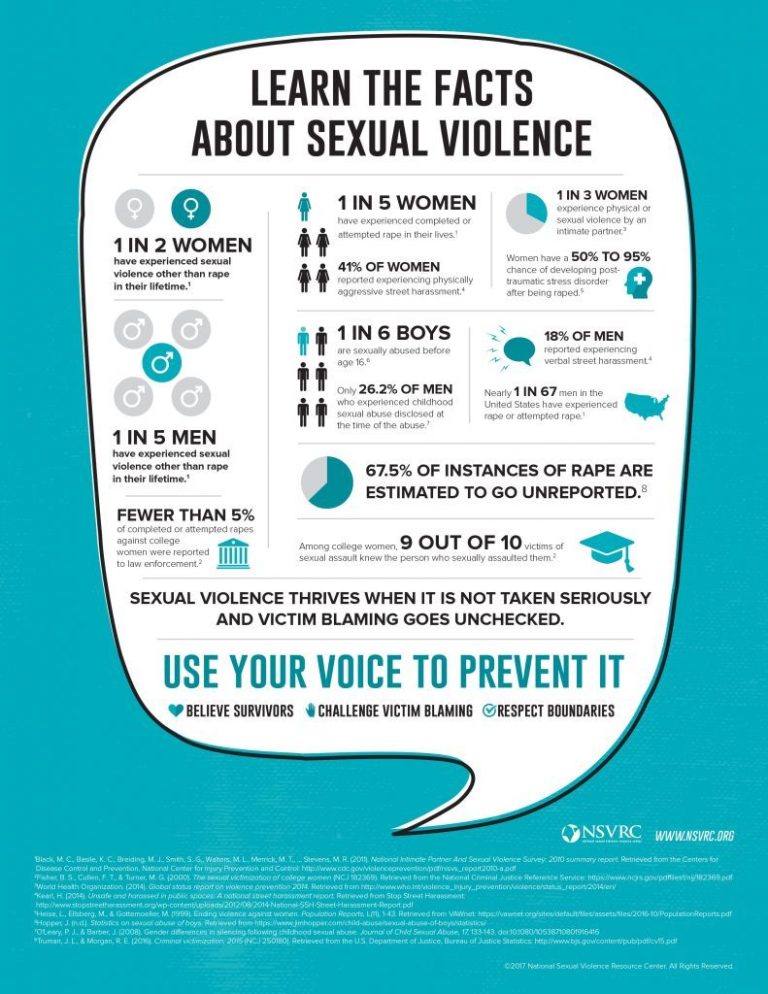



Preventing Sexual Assault: A Collective Responsibility
Sexual assault is a pervasive issue that affects individuals of all genders, ages, and backgrounds. It is a violation of basic human rights and can have long-lasting physical, emotional, and psychological consequences. However, by working together and promoting awareness, we can create a safer society and help prevent sexual assault. In this blog, we will explore some key strategies and actions that can contribute to preventing sexual assault.
1. Education and Awareness:
Education plays a crucial role in preventing sexual assault. By providing comprehensive and age-appropriate education about consent, boundaries, and healthy relationships, we can empower individuals to recognize and respect personal boundaries. Schools, community organizations, and parents should prioritize teaching consent, bystander intervention, and respectful communication as essential components of personal development.
2. Promoting Consent Culture:
Creating a culture of consent is vital in preventing sexual assault. Consent should be emphasized as an ongoing process of clear communication, respect, and mutual agreement. We should challenge harmful stereotypes and societal attitudes that perpetuate rape culture, victim-blaming, and the objectification of individuals. By promoting a culture that respects boundaries and encourages open dialogue, we can help prevent sexual assault.
3. Bystander Intervention:
Bystander intervention is a powerful tool in preventing sexual assault. Encouraging individuals to speak up and intervene when they witness potentially harmful situations can make a significant difference. By teaching people how to recognize warning signs, safely intervene, and support victims, we can create a community that actively works to prevent sexual assault.
4. Support and Resources for Survivors:
Supporting survivors of sexual assault is crucial in their healing process. It is essential to provide accessible and survivor-centered resources such as counseling, helplines, and support groups. Communities should work together to develop trauma-informed services that prioritize the well-being and empowerment of survivors.
5. Enhancing Legal Measures:
Stricter legal measures and comprehensive policies are necessary to prevent sexual assault. Laws should be strengthened to ensure appropriate punishment for perpetrators and protection for survivors. Additionally, survivors should be provided with accessible reporting mechanisms, legal support, and a supportive justice system that prioritizes their rights.
6. Engaging Men and Boys:
Engaging men and boys in the prevention of sexual assault is vital. By challenging toxic masculinity, promoting healthy masculinity, and teaching respect and empathy, we can create lasting change. Encouraging men to be active allies and promoting positive male role models can help break down harmful gender norms and contribute to a safer society.
7. Safe Spaces and Security Measures:
Creating safe spaces and implementing security measures can help prevent sexual assault. Organizations, institutions, and public spaces should prioritize safety by ensuring well-lit areas, security personnel, and surveillance systems. Additionally, establishing policies and procedures that address sexual harassment and assault can contribute to a safer environment for all.
Preventing sexual assault requires a collective effort and a commitment to creating a society that respects and protects the rights of all individuals. By prioritizing education, promoting consent culture, encouraging bystander intervention, supporting survivors, strengthening legal measures, engaging men and boys, and implementing security measures, we can work towards a future free from sexual assault. Let us all join hands, raise our voices, and actively contribute to creating a world where everyone feels safe, respected, and free from the threat of sexual violence.
Educate Yourself and Others
1. RAINN (Rape, Abuse & Incest National Network): RAINN is the largest anti-sexual violence organization in the United States. Their website provides a wealth of information about sexual assault, including statistics, resources for survivors, prevention tips, and a hotline for support.
2. National Sexual Violence Resource Center (NSVRC): NSVRC offers comprehensive resources and information on sexual violence prevention and response. Their website includes research publications, toolkits, and training materials for professionals and individuals seeking to learn more about sexual assault.
3. It's On Us: It's On Us is a campaign aimed at ending sexual assault on college campuses. Their website provides resources and tools for students, faculty, and staff to get involved, learn about consent, and take action to prevent sexual assault.
4. Planned Parenthood: Planned Parenthood is a trusted organization that provides sexual health information and resources. Their website includes articles, fact sheets, and videos on topics related to consent, healthy relationships, and preventing sexual assault.
5. Love is Respect: Love is Respect focuses on promoting healthy relationships and preventing dating violence among young people. Their website offers educational resources, quizzes, and a helpline for individuals seeking support or advice regarding relationships and consent.
6. Not Alone: Not Alone is a website established by the U.S. Department of Education to provide information and resources on addressing sexual assault on college campuses. It offers guidance for students, parents, and institutions on prevention, reporting, and support services.
7. Men Can Stop Rape: Men Can Stop Rape is an organization that engages men and boys in the prevention of sexual assault. Their website provides educational resources, training programs, and tools for promoting positive masculinity and healthy relationships.
8. National Coalition Against Domestic Violence (NCADV): Although primarily focused on domestic violence, NCADV's website also provides resources and information on sexual assault prevention. They offer educational materials, webinars, and guidance on recognizing and addressing sexual violence.
Please note that these websites are intended to provide educational and supportive resources. If you or someone you know is in immediate danger or needs immediate assistance, please contact your local emergency services or helpline dedicated to sexual assault survivors.
We need your consent to load the translations
We use a third-party service to translate the website content that may collect data about your activity. Please review the details and accept the service to view the translations.

